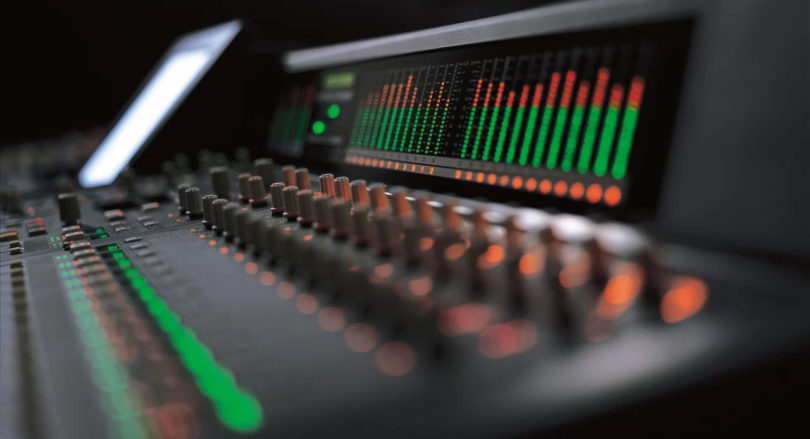People, especially beginners in the world of music recording and production, often ask what is mastering. And they are often confused about how it differs from mixing.
While mixing is basically balancing the tracks of the song by adjusting the volume and EQ and effects of each track so that each track can be heard as desired, mastering is basically adjusting the volume of the final mix so that the volume matches other songs on the radio or CD etc. There is more to mastering than that.
Mastering Optimizes the Overall Sound
Think of mastering as adding sparkle and shine to your music. The term refers to the process of optimizing individual tracks by compressing, equalizing, making stereo enhancements, or adjusting the reverberation (echo) effect.
In a basic sense, when you master and album, you’re making sure that song one doesn’t blow out the speakers while the next song is barely audible. The mixing process extends to this, but mastering takes a broader view—you’re focusing more on each individual track when you’re mixing.
Mastering focuses on idiosyncrasies in each track with an eye and an ear toward their progression. It takes in all the tracks as a whole. You want the levels of the songs to be similar throughout and a general sense of cohesiveness to your recording. You want to flow from start to finish.
Apart from correcting obvious differences in volume for each song, mastering is an incredibly subjective process. In some ways, musicians believe that you either have the golden touch or you don’t when it comes to mastering.
Although some programs help you master your recording yourself, paying to have it done professionally is a good investment if you plan on releasing your recording to the public.
Check out our story on the basics of mixing.


Leave a Comment
You must be logged in to post a comment.